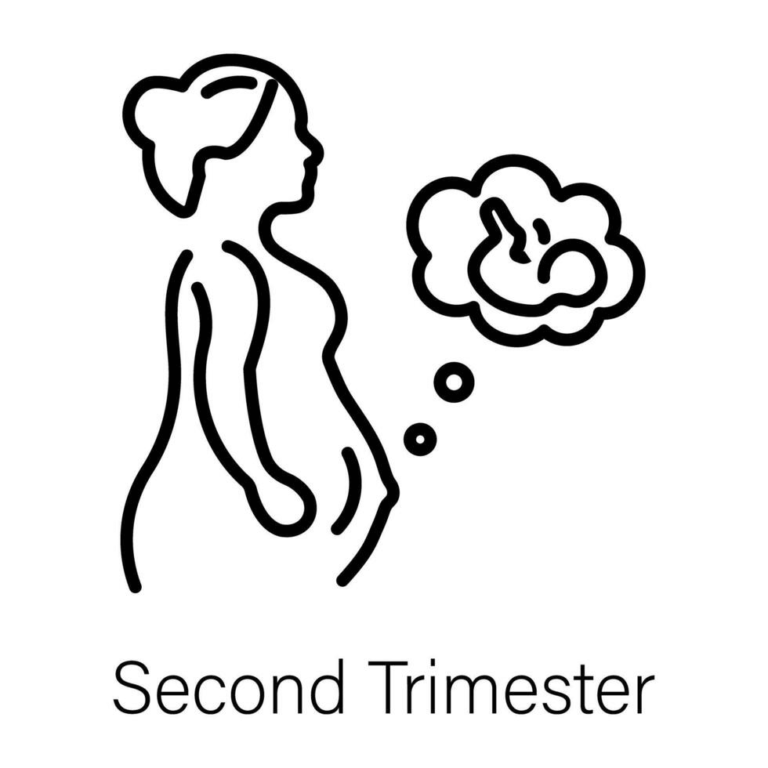Understanding the Impact of Hypothyroidism on Pregnancy

Hypothyroidism, a condition where the thyroid gland doesn’t produce enough hormones, can significantly affect your ability to conceive. While not every woman with hypothyroidism will experience fertility issues, the condition can disrupt ovulation and menstrual cycles, making pregnancy more challenging. This article explores how hypothyroidism affects fertility, the potential complications, and the steps you can take to manage the condition for a healthy pregnancy.
How Hypothyroidism Affects Ovulation and Menstrual Cycles
- Disrupted Hormone Balance: Hypothyroidism disrupts the delicate balance of reproductive hormones in the body. The thyroid hormones are closely linked with the hormones that regulate the menstrual cycle, including the luteinizing hormone (LH) and follicle-stimulating hormone (FSH). When thyroid hormone levels are low, it can lead to anovulation, where the ovaries do not release an egg during a menstrual cycle.
- Anovulation: Anovulation is a common issue for women with hypothyroidism. Without ovulation, conception cannot occur. Even if ovulation happens occasionally, irregular cycles can make it difficult to predict fertile windows.
- Shortened Luteal Phase: Hypothyroidism can shorten the luteal phase, which is the period between ovulation and the onset of menstruation. Typically, this phase lasts around 13 to 15 days, allowing enough time for a fertilized egg to implant and begin to grow. A shortened luteal phase can lead to early pregnancy loss, as the fertilized egg may not have enough time to properly implant in the uterine lining.
Associated Conditions
- Polycystic Ovary Syndrome (PCOS): Hypothyroidism can also be linked to PCOS, a condition characterized by irregular periods, excess androgen levels, and polycystic ovaries. PCOS can further complicate fertility, making it even more challenging for women with hypothyroidism to conceive.
Also read: Dealing With All-Day Morning Sickness: Tips And Solutions
Managing Hypothyroidism for a Healthy Pregnancy
The good news is that with proper management, many women with hypothyroidism can have healthy, successful pregnancies. Here are some key steps to take:
- Medication Adherence: Taking thyroid hormone replacement medications as prescribed by your healthcare provider is crucial. These medications help regulate your thyroid levels and restore hormonal balance.
- Regular Monitoring: Regular check-ups with a healthcare provider, especially one experienced in managing thyroid conditions during pregnancy, are essential. Thyroid hormone levels need to be monitored closely and adjusted as needed throughout pregnancy.
- Healthy Lifestyle: Maintaining a healthy lifestyle, including a balanced diet and regular exercise, can support overall reproductive health. Avoiding stress and getting adequate rest are also important.
- Specialist Care: Working with an endocrinologist who specializes in thyroid conditions can provide targeted care and support. They can help optimize your thyroid levels before and during pregnancy, reducing the risk of complications.
Conclusion
Hypothyroidism can pose challenges to getting pregnant by disrupting ovulation and menstrual cycles. However, with careful management and regular medical care, many women with hypothyroidism can achieve and maintain healthy pregnancies. Monitoring thyroid levels, adhering to medication, and seeking specialist care are critical steps to enhance fertility and ensure a safe pregnancy journey.
Also read: Understanding Placenta Separation During Pregnancy: First, Second & Third Trimester






